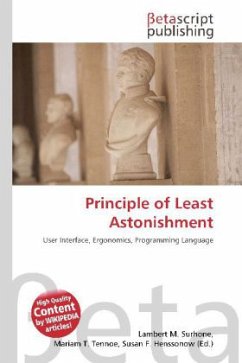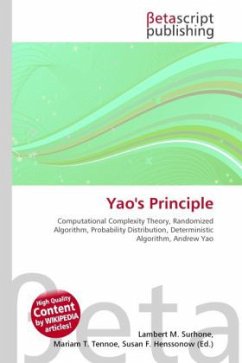High Quality Content by WIKIPEDIA articles! The revelation principle of economics can be stated as, "To any Bayesian Nash equilibrium of a game of incomplete information, there corresponds an associated revelation mechanism that has an equilibrium where the players truthfully report their types."[citation needed] For dominant strategies, instead of Bayesian equilibrium, the revelation principle was introduced by Gibbard (1973). Later this principle was extended to the broader solution concept of Bayesian equilibrium by Dasgupta, Hammond and Maskin (1979), Holmstrom (1977), and Myerson (1979). The revelation principle is useful in game theory, Mechanism design, social welfare and auctions. William Vickrey, winner of the 1996 Nobel Prize for Economics, devised an auction type where the highest bidder would win the sealed bid auction, but at the price offered by the second-highest bidder.
Bitte wählen Sie Ihr Anliegen aus.
Rechnungen
Retourenschein anfordern
Bestellstatus
Storno








